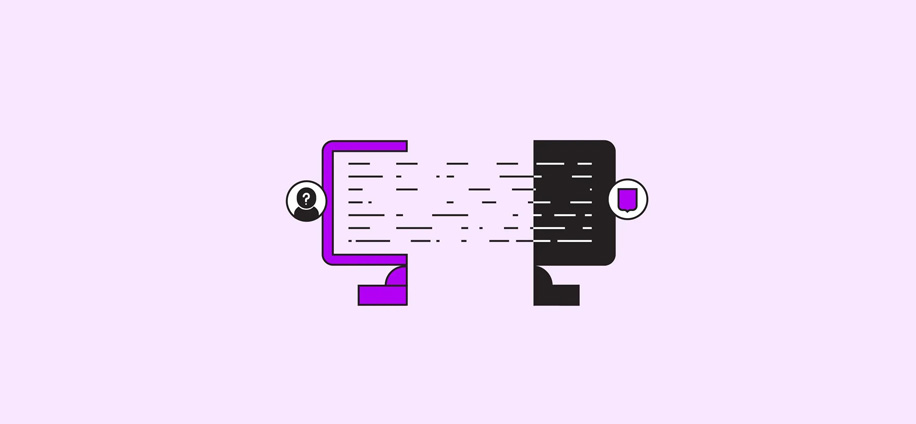
Healthcare is expensive, unequal, and often inaccessible—especially for people without insurance or those living in regions with limited medical infrastructure. In response, many have turned to dark web pharmacies, underground marketplaces where prescription drugs can be bought anonymously.
Some see these platforms as a form of medical liberation—a way to get life-saving treatment without red tape. Others see them as dangerous, unregulated hubs of medical anarchy where anything can be sold, real or fake.
So which is it? A shadowy version of modern healthcare, or a chaotic ecosystem where the risks far outweigh the benefits?
Unlike regulated pharmacies, dark web pharmacies operate on hidden services within the Tor network, using cryptocurrency for transactions and encrypted messaging for orders. They are structured like e-commerce sites—with product pages, reviews, ratings, and delivery options—but with none of the oversight.
Dark web pharmacies offer a wide range of items, including:
While some drugs are real and sourced from surplus or unregulated manufacturers, many are counterfeit, expired, or mislabeled.
Despite operating in the shadows, some sellers provide surprisingly responsive customer service, mirroring legitimate online pharmacies.
Why do people risk buying medicine from anonymous vendors? In many cases, the answer lies in desperation, distrust, and affordability.
In the United States, insulin prices have tripled over the past decade. ADHD medications are routinely out of stock. Cancer treatments can cost tens of thousands per month.
For those without insurance or with chronic illnesses, dark web pharmacies seem like the only affordable option. For others, they're a way to circumvent doctors entirely.
People suffering from anxiety, depression, PTSD, or addiction often face bureaucratic obstacles or social stigma when seeking treatment. On the dark web, there are no questions, no paperwork, and no judgment.
This accessibility appeals to users who feel alienated by traditional healthcare systems—despite the danger of self-medication.
The COVID-19 pandemic triggered global shortages of pharmaceuticals, pushing more people toward darknet sources for antivirals, antibiotics, and later, even vaccines.
Scammers exploited this demand, but so did real vendors offering generic medicines from countries with looser production laws.
The convenience of dark web pharmacies masks a wide range of risks—not just legal, but also medical, ethical, and psychological.
Without regulation, there’s no way to verify the contents of a pill. Some drugs contain:
A 2018 study analyzing drugs bought from darknet markets found that nearly half were counterfeit or dangerously impure.
Patients treating serious conditions without guidance can:
Doctors are not just gatekeepers; they interpret lab results, monitor progress, and adjust dosages—functions that no darknet vendor provides.
Ordering controlled substances without a prescription is illegal in most countries, regardless of the method. Even using Tor and crypto, many have been arrested due to:
Furthermore, purchasing from dark web vendors may indirectly fund criminal organizations engaged in trafficking, cybercrime, and violence.
Some darknet vendors claim to sell real medications from legitimate suppliers—and sometimes, they do. Certain operations are run by former pharmaceutical workers or distributors in countries with surplus production.
But without transparency or third-party testing, the user can never be certain. Unlike gray-market online pharmacies (which sometimes operate with partial legitimacy), dark web sellers face no accountability.
A few offer testing certificates or customer guarantees, but these documents are easily forged. At best, they provide short-term relief with long-term risk.
Dark web pharmacies exist because traditional healthcare systems are failing some people. When patients feel excluded, overcharged, or ignored, they look for alternatives—no matter how risky.
But without regulation, medical advice, or quality control, dark web pharmacies offer freedom at a price.
Whether they represent the start of a decentralized medical future or a cautionary tale about deregulated healthcare remains to be seen.